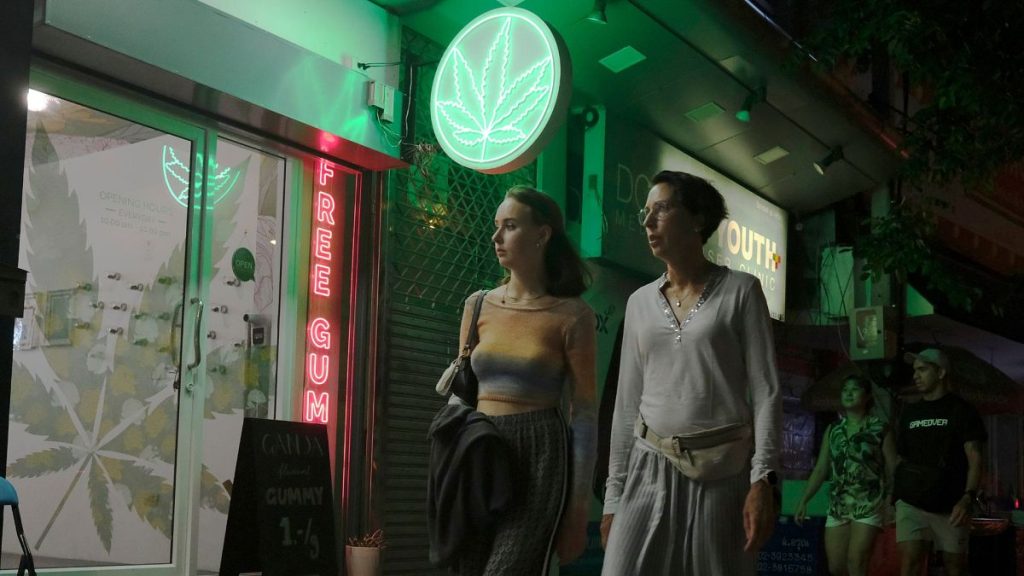Pro-cannabis protesters in Thailand rallied against plans to relist the plant as a narcotic, following Prime Minister Srettha Thavisin’s statement that he would like to reverse legalization by the end of the year. Thailand became the first country in Asia to decriminalize cannabis for medical purposes in 2022, but the market appeared virtually unregulated, leading to concerns over misuse and crime. The conservative coalition government, led by the Pheu Thai Party, is now advocating for a crackdown on cannabis, citing health risks and potential substance abuse issues among young people. The former Health Minister, now Deputy Prime Minister, Anutin Charnvirakul, who oversaw the drug’s legalization, is also supporting strict regulation due to issues arising from the unregulated market.
Following the legalization of marijuana in 2022, Thailand saw a surge in its weed industry, with millions registering for licenses to grow it and thousands of dispensaries popping up across the country. However, reports of drug-fueled violence and abuse, particularly among young people, created concern. The Health Ministry reported an increase in people seeking treatment for cannabis-related psychological issues, leading to calls for tighter regulations. With the thriving weed tourism industry and lack of quality control in the market, there was a growing consensus among political parties to limit cannabis to medical use. Protesters against the relisting of cannabis as a narcotic argued that it would negatively impact those who have invested in the industry, highlighting the potential economic repercussions of stricter regulations.
Before cannabis was legalized in Thailand, the country had some of the world’s harshest drug laws, with possession of cannabis punishable by up to 15 years in prison. Amid discussions to recriminalize cannabis, a draft bill was recommended by the Health Minister to ban recreational use and reclassify it as a controlled substance. The proposed law included fines and prison sentences for recreational use, as well as penalties for advertising or marketing cannabis for such purposes. Farming without a license could also result in penalties ranging from fines to prison sentences. While the rules for cannabis shops and home growing were not fully defined, the draft bill aimed to impose strict regulations on cannabis use in Thailand.
As Thailand awaits the approval of the draft bill to ban recreational cannabis use and reimpose stricter regulations, weed shops remain open across the country. However, there are already restrictions in place, such as public smoking or vaping being prohibited. Violating these rules can result in fines, and the definition of a ‘public nuisance’ is subject to interpretation by authorities. Tourists have been warned about the legal implications of using cannabis in Thailand and the restrictions on transporting it across borders. While some shops continue to sell cannabis products, the legality of extracts containing THC above a certain threshold remains unclear, posing potential legal risks for users. Singapore’s strict drug policies add another layer of caution for tourists in the region.









